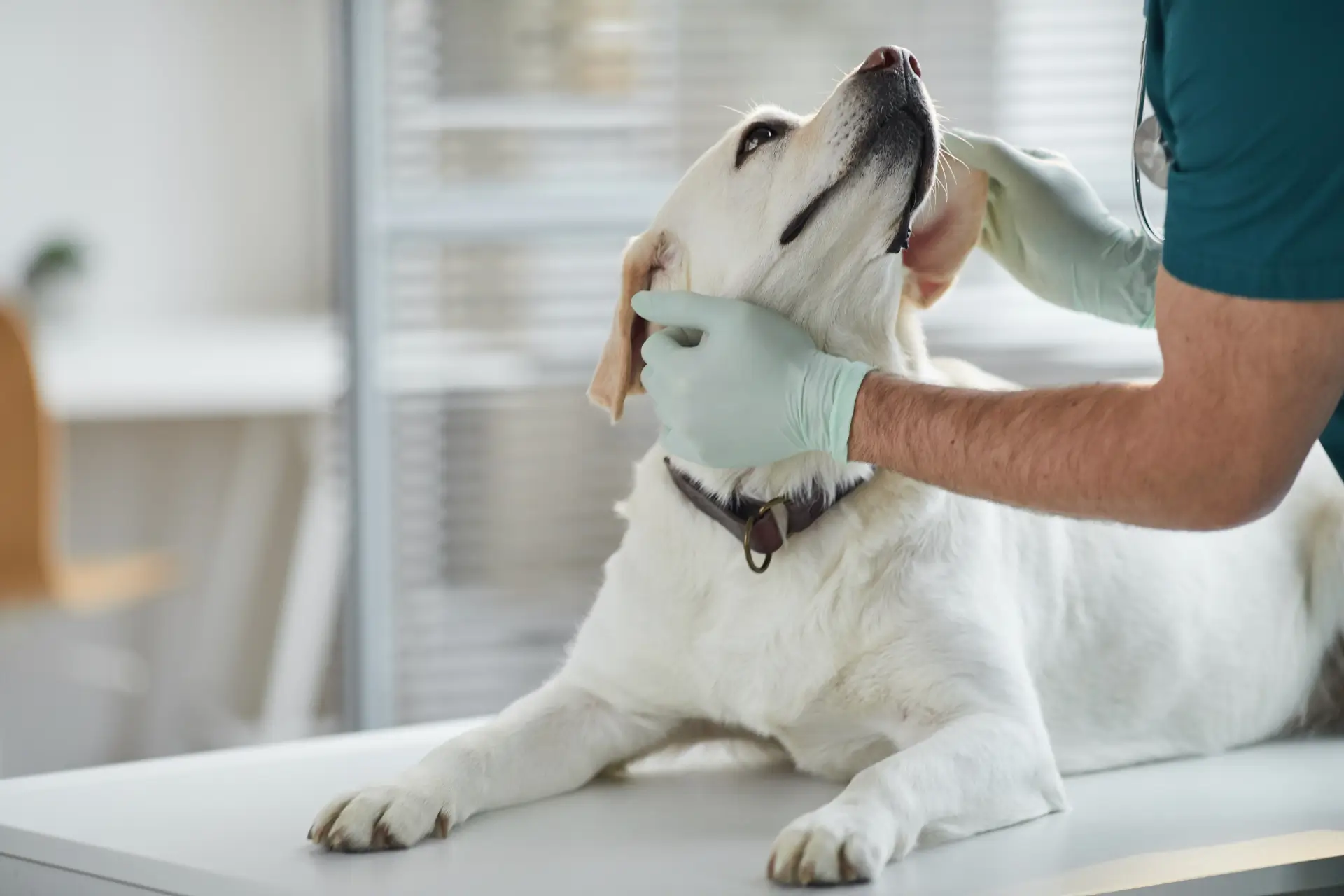At Maple Grove Pet Hospital, we believe that the best way to care for your pet is through proactive, personalized attention. Preventative lab work is a key part of that philosophy. Whether your pet is a playful puppy or kitten or a wise senior, routine lab screenings help uncover issues before they become bigger problems, keeping your furry companion healthy, happy, and thriving for years to come.
What Is Preventative Lab Work?
Preventative lab work refers to routine diagnostic testing that helps your veterinarian evaluate your pet’s overall health, even when they appear perfectly well. These screenings often include bloodwork, urinalysis, and other lab tests designed to detect hidden conditions that might not show any symptoms in the early stages.
By establishing a baseline and tracking changes over time, these tests allow our veterinary team to spot early warning signs of illness and tailor care to your pet’s specific needs.
Why Preventative Lab Work Is Important for Your Pet’s Health
Routine testing provides a clearer picture of your pet’s health, giving you peace of mind and empowering our veterinary team to make informed recommendations. Similar to human medicine, early detection plays a vital role in successful treatment and long-term outcomes. Preventative lab work helps us:
- Catch disease early, before symptoms appear
- Track chronic conditions and manage them effectively
- Understand changes in organ function or internal systems
- Monitor the effects of medications or treatments
- Ensure your pet’s wellness plan stays aligned with their life stage
What Kinds of Tests Might My Pet Need?
The types of lab work we recommend will vary based on your pet’s age, breed, medical history, and current health. Common tests include:
- Complete Blood Count (CBC): This test evaluates red and white blood cells to screen for infection, anemia, and inflammation.
- Blood Chemistry Panel: Assesses organ function and electrolyte levels.
- Urinalysis: Checks for urinary tract issues, kidney health, and metabolic concerns.
- Fecal Test: Screens for internal parasites that could affect overall wellness.
- Heartworm and Tick-Borne Disease Tests: Essential for parasite prevention and control.
- Thyroid Function Test: This test is especially helpful for senior pets and certain breeds.
Important Information to Share with Your Veterinarian
Your input is just as important as the lab results. Before testing, be sure to share:
- Any recent behavior changes (e.g., appetite, energy levels, bathroom habits)
- Current medications, supplements, or flea/tick preventives
- Any known allergies or sensitivities
- Your pet’s travel history or recent boarding stays
- Concerns about aging or chronic health conditions
Open communication helps us provide individualized care that supports your pet’s long-term health.
What Preventative Lab Work Can Reveal
Even subtle changes in your pet’s blood or urine can indicate underlying issues. Lab work can uncover early signs of:
- Kidney or liver disease
- Diabetes or thyroid disorders
- Dehydration or electrolyte imbalance
- Infections or inflammation
- Parasite exposure
- Certain cancers
Many of these conditions are more manageable when caught early. That’s why we encourage lab testing as a cornerstone of preventative care at Maple Grove Pet Hospital.
FAQs About Pet Lab Work
Have more questions about lab work for your pet? Here’s what pet owners often ask:
Is blood work necessary for a healthy pet?
Yes—wellness blood tests help us create a health baseline, detect changes early, and ensure your pet is aging as expected. It’s a proactive way to protect your pet’s well-being.
Do pets need to fast before lab work?
In some cases, yes. Certain tests are more accurate when your pet hasn’t eaten beforehand. Our team will let you know if fasting is needed before your appointment.
How often should senior pets have lab tests?
Senior pets benefit from more frequent lab work due to their increased risk for age-related conditions. We typically recommend testing at least once a year, or more often based on your pet’s specific health plan.
Take a Proactive Step—Consider Preventative Lab Work for Your Pet
Preventative lab work is one of the most valuable tools we have for maintaining your pet’s health over time. We’re proud to offer advanced, compassionate care that includes routine lab services designed to catch problems early and keep your pet feeling their best.
Ready to take the next step in your pet’s wellness journey? Schedule an appointment today—we’re here to support you every step of the way.
